Full STEAM Ahead: Introducing Youth to Careers in Horticulture
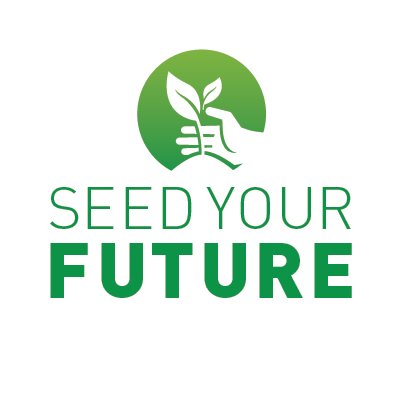 When you picture someone who works professionally with plants, gardeners, plant breeders, and landscape designers probably come to mind. However, digging a little deeper, you’ll find that green-collar careers (those in the environmental sector of the economy) can be found in the art, science, technology, and business of plants. In partnership with Seed Your Future, the American Horticultural Society (AHS) recently assembled a group of individuals representing careers that are not exactly top-of-mind when one thinks of plant-related work. As pre-teens and teens begin to consider post-secondary education and career possibilities, it’s important that they see the range and diversity of positions that combine STEAM skills with an appreciation for plants, nature, and the environment.
When you picture someone who works professionally with plants, gardeners, plant breeders, and landscape designers probably come to mind. However, digging a little deeper, you’ll find that green-collar careers (those in the environmental sector of the economy) can be found in the art, science, technology, and business of plants. In partnership with Seed Your Future, the American Horticultural Society (AHS) recently assembled a group of individuals representing careers that are not exactly top-of-mind when one thinks of plant-related work. As pre-teens and teens begin to consider post-secondary education and career possibilities, it’s important that they see the range and diversity of positions that combine STEAM skills with an appreciation for plants, nature, and the environment.
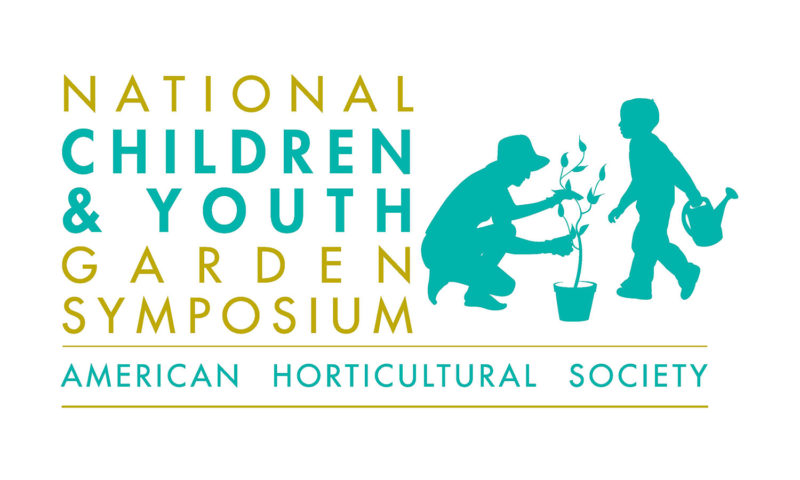 The panel discussion, convened as part of the AHS’s National Children & Youth Garden Symposium, introduced outside-the-box plant-related positions and the paths that led our panelists to them. Do you know a child who likes climbing trees and tinkering with mechanical parts? He or she could grow up to be a drone pilot like Colby Borchetta at the Morton Arboretum’s Center for Tree Science. Maybe you know someone who likes digging in the dirt, but also has a fierce sense of style. Abra Lee is a horticulturist and designs her own line of garden attire. Aurélie de Rus Jacquet combined a love of plants with an education in biology to become an ethnopharmacologist. She studies the traditional uses of plants as medicine in her quest to find a cure for Parkinson’s disease. Brad Austin grew up loving flowers and had a strong eye for color and design. He is an Emmy award winning floral designer whose work can be seen in over 60 films and 25 TV shows. From chefs to urban planners to sports turf managers, there are so many entry points into the world of plants and for every interest, skill set, and personality, there is a corresponding plant job.
The panel discussion, convened as part of the AHS’s National Children & Youth Garden Symposium, introduced outside-the-box plant-related positions and the paths that led our panelists to them. Do you know a child who likes climbing trees and tinkering with mechanical parts? He or she could grow up to be a drone pilot like Colby Borchetta at the Morton Arboretum’s Center for Tree Science. Maybe you know someone who likes digging in the dirt, but also has a fierce sense of style. Abra Lee is a horticulturist and designs her own line of garden attire. Aurélie de Rus Jacquet combined a love of plants with an education in biology to become an ethnopharmacologist. She studies the traditional uses of plants as medicine in her quest to find a cure for Parkinson’s disease. Brad Austin grew up loving flowers and had a strong eye for color and design. He is an Emmy award winning floral designer whose work can be seen in over 60 films and 25 TV shows. From chefs to urban planners to sports turf managers, there are so many entry points into the world of plants and for every interest, skill set, and personality, there is a corresponding plant job.
Unsurprisingly, each panelist described taking different, and sometimes winding, pathways to arrive at their current position. These types of jobs probably wouldn’t be any child’s immediate answers to that favorite adult question, “What do you want to be when you grow up?” So how do you as a parent, educator, or caregiver help expand a young person’s notion of what green collar careers look like? Here are some ways:
- Do you or someone you know work with plants? Adults who love their jobs may be interested in talking with or mentoring young people. The Seed Your Future website has a list of over 100 plant-related careers.
- Tune in together to the Morton Arboretum’s podcast Planted: Finding Your Roots in STEM Careers or have young people take their Canopy Career Chronicles quiz to find out which career path is best suited to their interests and skills.
- Does your local school have a club for students that are interested in horticulture, agriculture, or the environment? The National Junior Horticultural Association, 4-H, Junior Master Gardener, and National FFA are just a few national examples.
- Look for opportunities to volunteer on local environmental projects such as community garden tending, clearing invasive species, or participating in a Citizen Science project.
- For the highly motivated teen, check out horticulture-themed summer camps and internships on the Seed Your Future website.
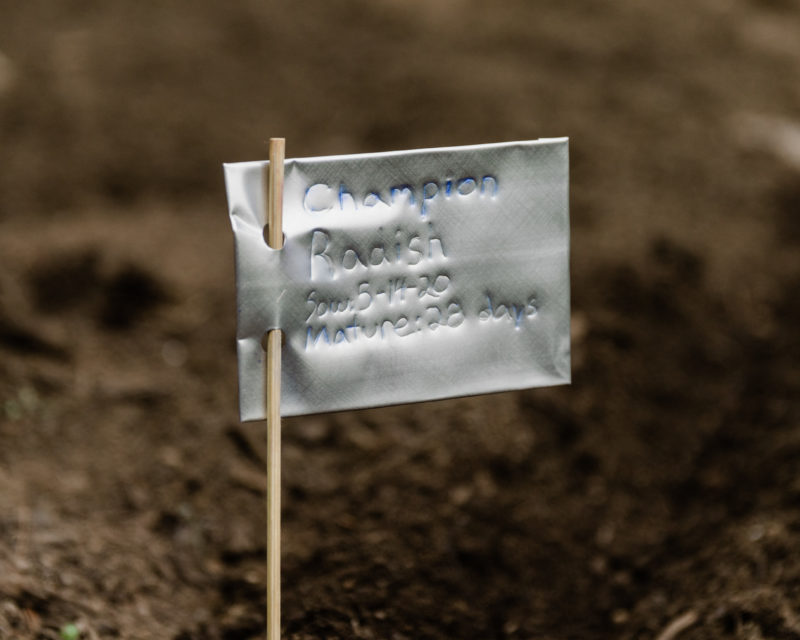
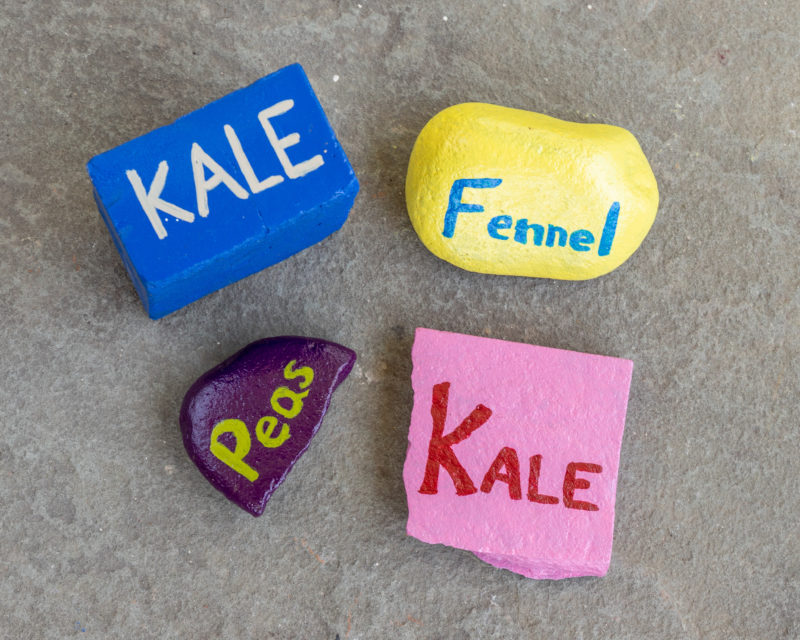
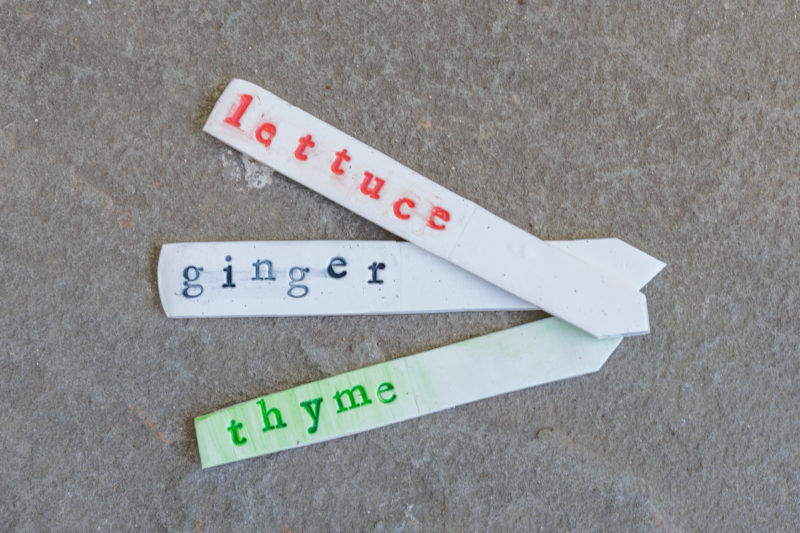
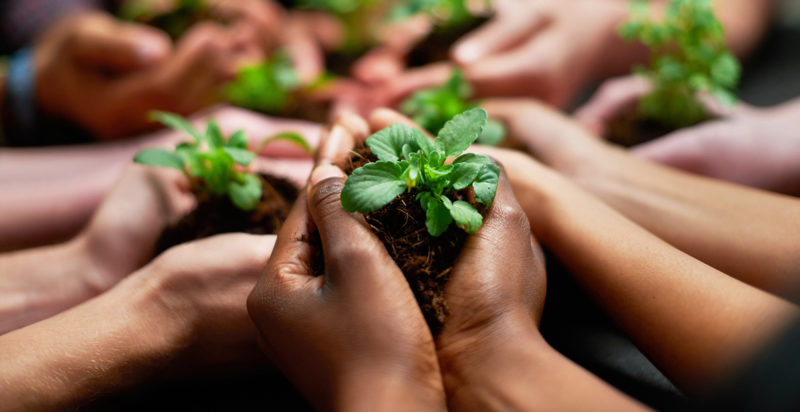
 Baltimore/Washington D.C. metro areas including
Baltimore/Washington D.C. metro areas including
